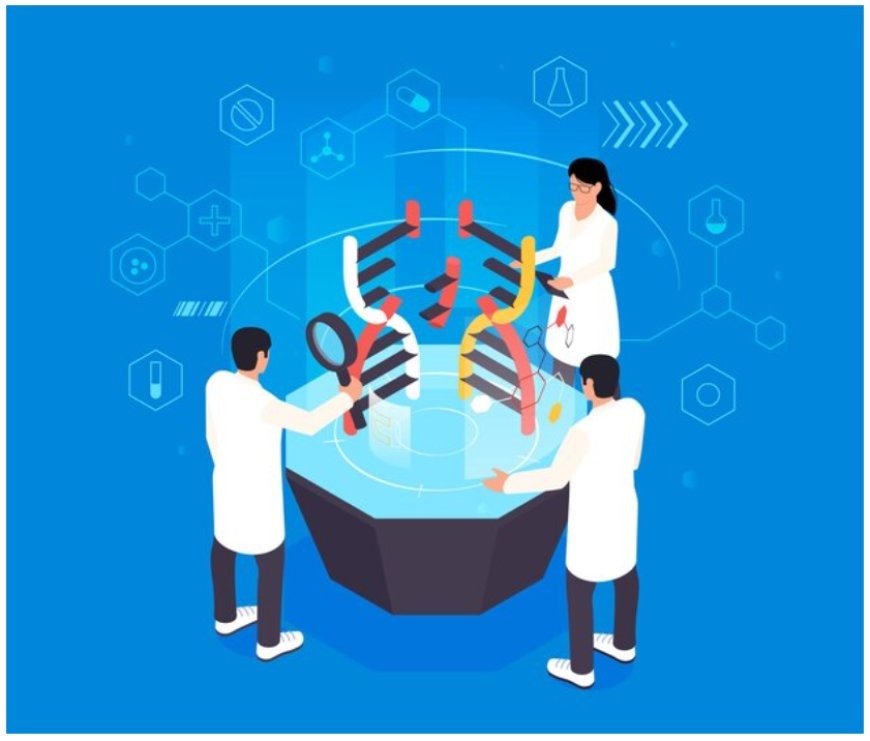
Introduction: Artificial Intelligence (AI) is rapidly transforming various industries, and one of the sectors experiencing significant changes is healthcare. From diagnostics to personalized treatment plans, AI is revolutionizing how medical services are delivered. This blog explores the impact of AI in healthcare, highlighting its advancements and the challenges it brings.
Advancements in AI in Healthcare:
- Medical Imaging Analysis: AI-powered algorithms can analyze medical images such as X-rays, MRIs, and CT scans with high accuracy, aiding in early detection of diseases like cancer.
- Predictive Analytics: AI enables predictive modeling for patient outcomes, helping healthcare providers anticipate complications and optimize treatment plans.
- Drug Discovery: AI algorithms accelerate drug discovery processes by analyzing vast datasets and identifying potential drug candidates faster than traditional methods.
- Robotics in Surgery: Surgical robots powered by AI enhance precision and minimize invasiveness, leading to better patient outcomes and reduced recovery times.
- Virtual Health Assistants: AI-driven virtual assistants provide personalized health recommendations, medication reminders, and real-time monitoring for chronic conditions.
Challenges in AI Adoption in Healthcare:
- Data Privacy and Security: The use of sensitive patient data raises concerns about privacy and cybersecurity, requiring robust measures to safeguard information.
- Ethical Considerations: AI algorithms must adhere to ethical standards, ensuring fairness, transparency, and accountability in decision-making processes.
- Regulatory Compliance: Healthcare AI systems must comply with regulatory frameworks such as HIPAA (Health Insurance Portability and Accountability Act) to protect patient rights and data.
- Integration with Existing Systems: Seamless integration of AI technologies with existing healthcare IT infrastructures poses technical challenges and requires interoperability standards.
- Healthcare Professional Training: Healthcare professionals need training to effectively use AI tools and interpret AI-generated insights for informed decision-making.
Conclusion: AI’s impact on healthcare is profound, offering unprecedented opportunities for improved patient care, disease management, and medical research. However, addressing challenges such as data privacy, ethics, regulation, integration, and training is crucial for maximizing the benefits of AI in healthcare while ensuring patient safety and trust in AI-driven healthcare solutions.









